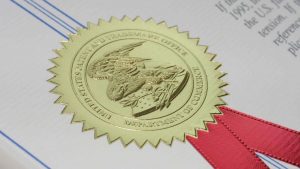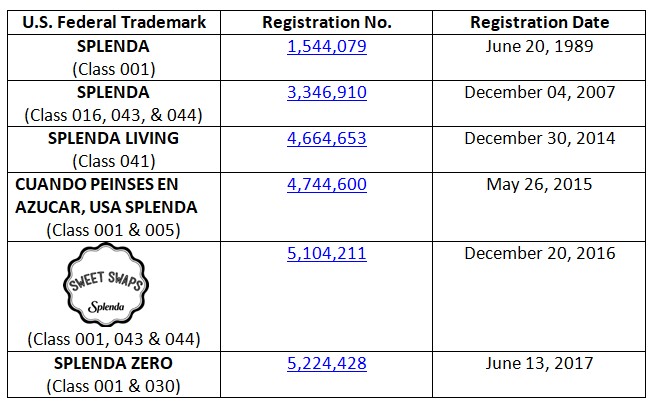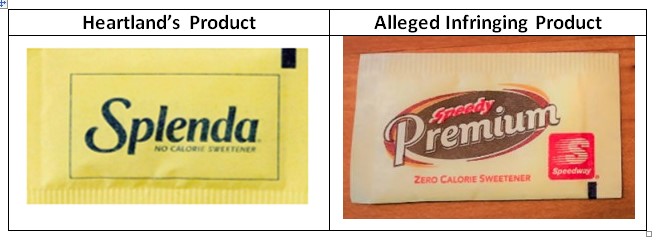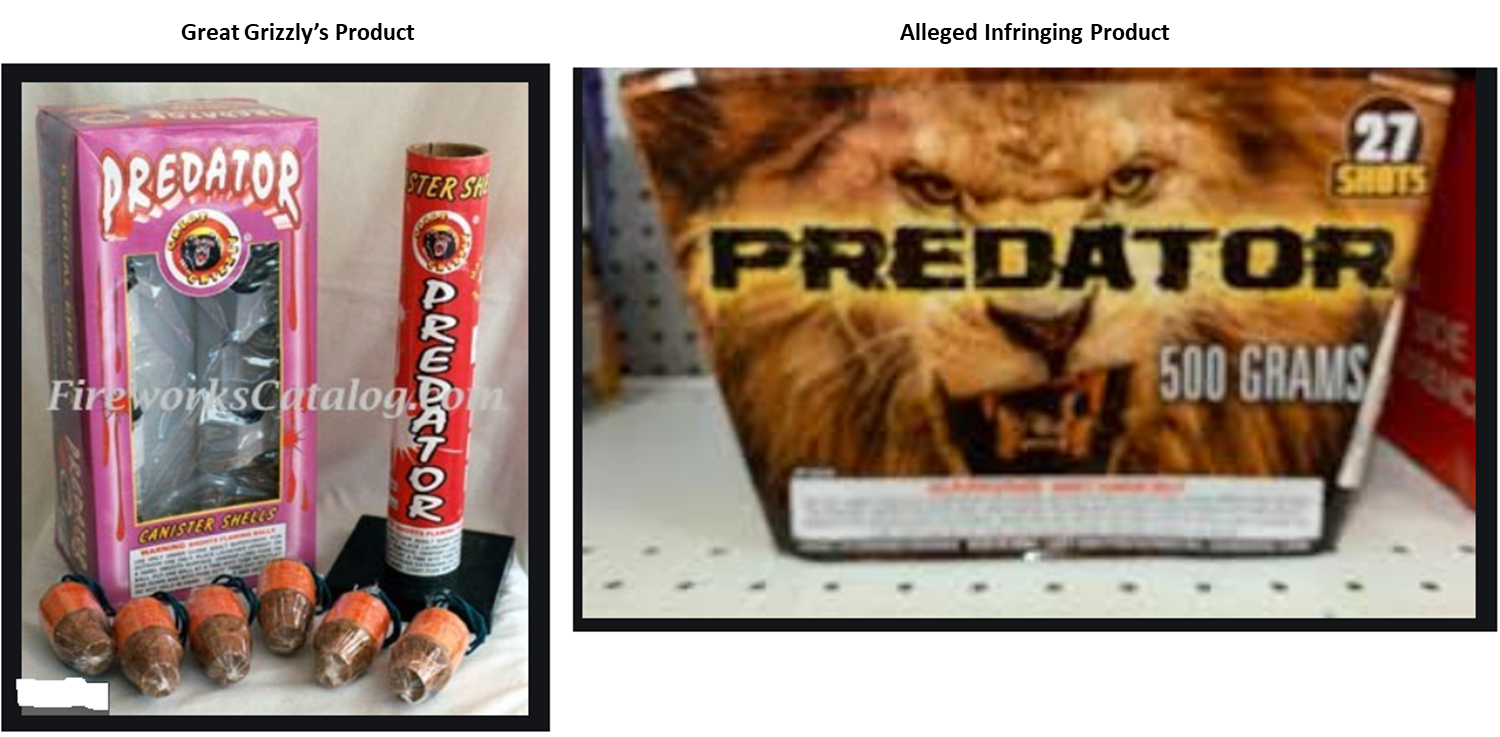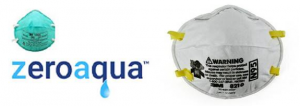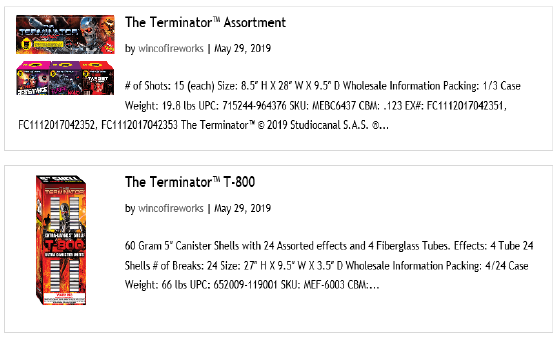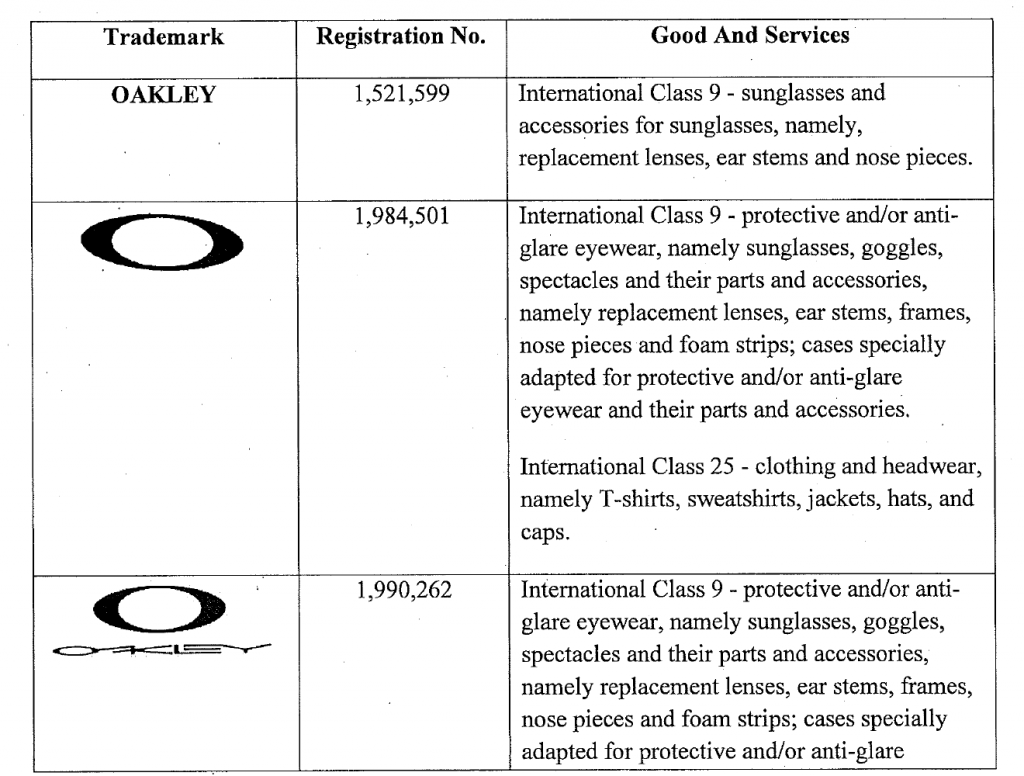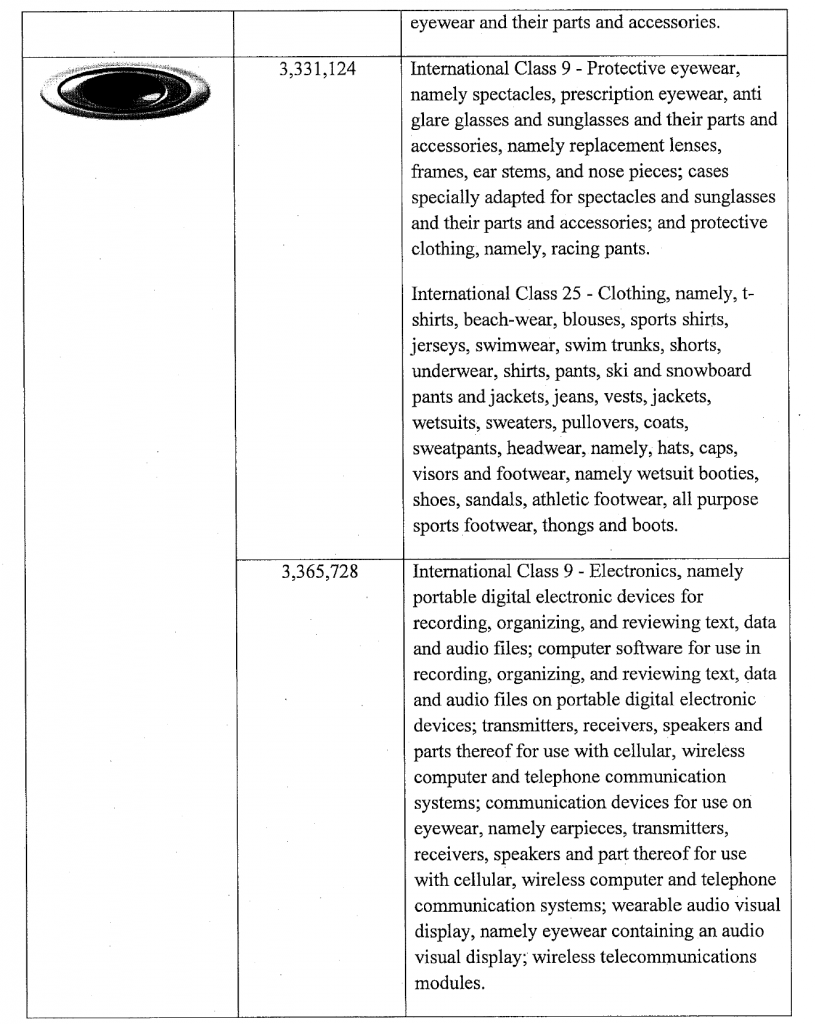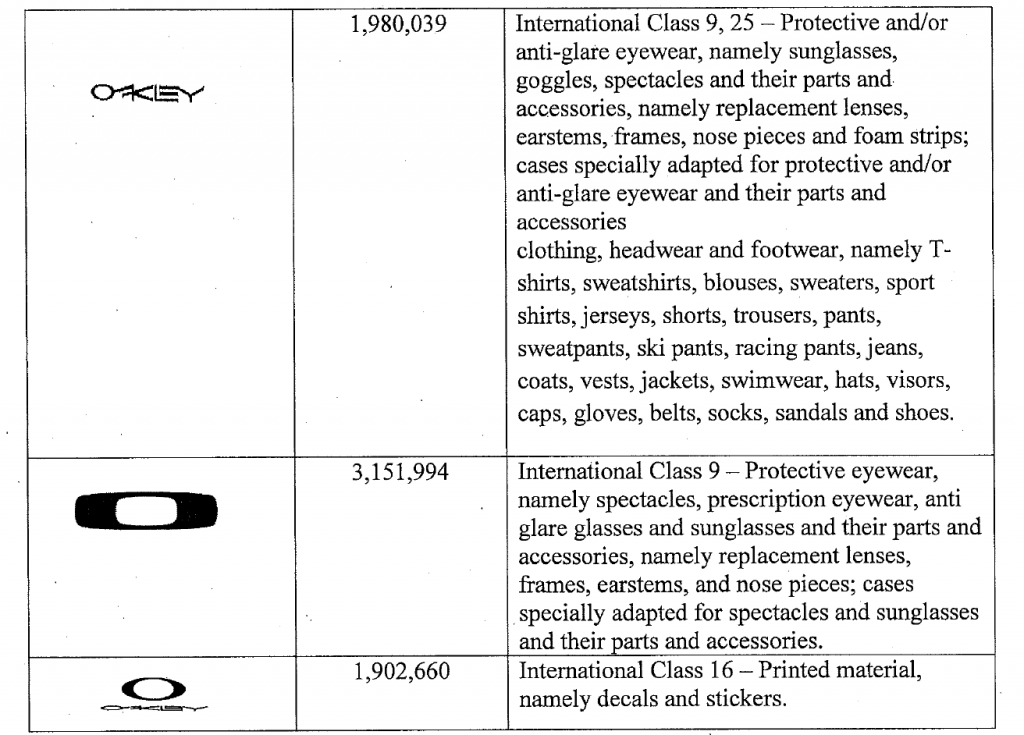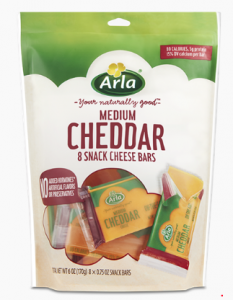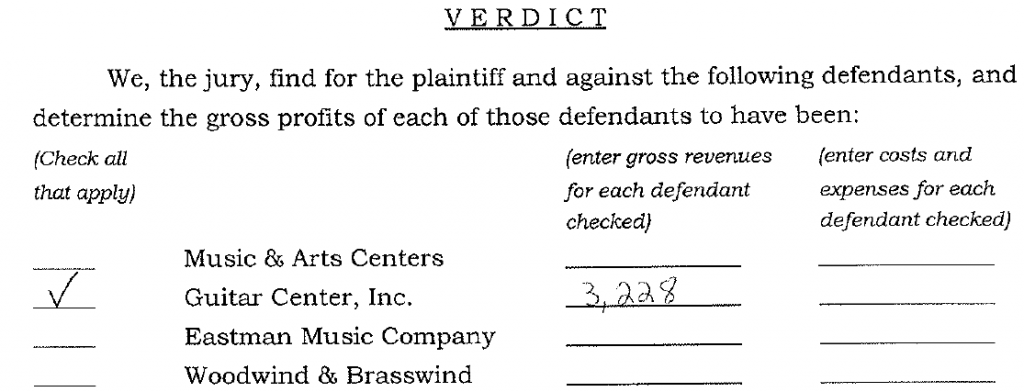My Market, LLC, (Plaintiff) an Indiana-based convenience store operator, has initiated legal proceedings against Batth Markets, Inc. and Chhaterpal Singh (Defendants) for the unauthorized use of its trademarked business name. The lawsuit, filed under the Lanham Act and related Indiana state laws, addresses issues of trademark infringement, unfair competition, false designation of origin, and trademark dilution. My Market claims that Batth Markets’ use of the name “My Market” has caused confusion in the marketplace, posing a threat to the reputation My Market has built through years of branding and business development.
 My Market, LLC has been operating as a convenience store in Fort Wayne, Indiana, and holds a federal trademark for the service mark “MY MARKET FISH · CHICKEN SANDWICHES · SHRIMP” (U.S. Trademark Registration No. 6,935,101), which was granted on December 27, 2022. This trademark is used to identify My Market’s services, particularly in the food industry. According to the complaint, on July 9, 2024, My Market’s counsel uncovered that Batth Markets had fraudulently obtained a Certificate of Assumed Business Name, allowing them to operate under the name “My Market” in Kingston, Indiana. This certificate was obtained through an allegedly forged letter, which gave Chhaterpal Singh permission to use the “My Market” name. The letter, purportedly signed by Mark owner, Mohammad A. Ghaffar, was neither authorized nor signed by him, and he claims no knowledge of it being filed.
My Market, LLC has been operating as a convenience store in Fort Wayne, Indiana, and holds a federal trademark for the service mark “MY MARKET FISH · CHICKEN SANDWICHES · SHRIMP” (U.S. Trademark Registration No. 6,935,101), which was granted on December 27, 2022. This trademark is used to identify My Market’s services, particularly in the food industry. According to the complaint, on July 9, 2024, My Market’s counsel uncovered that Batth Markets had fraudulently obtained a Certificate of Assumed Business Name, allowing them to operate under the name “My Market” in Kingston, Indiana. This certificate was obtained through an allegedly forged letter, which gave Chhaterpal Singh permission to use the “My Market” name. The letter, purportedly signed by Mark owner, Mohammad A. Ghaffar, was neither authorized nor signed by him, and he claims no knowledge of it being filed.
The lawsuit claims that Batth Markets’ use of the “My Market” name infringes upon My Market’s federally registered trademark. My Market argues that the two businesses are highly similar in name, appearance, and the products they offer, including fried chicken, sandwiches, and other convenience store goods. This, according to the complaint, is likely to confuse customers into believing that Batth Markets is affiliated with or endorsed by My Market. The complaint further states that Batth Markets’ actions are deliberate and exploit My Market’s established goodwill, a claim supported by Batth Markets’ acknowledgment in the fraudulent letter that Ghaffar’s consent was needed to use the name. My Market also asserts that this confusion has resulted in financial harm, including lost sales and reputational damage.
 Indiana Intellectual Property Law News
Indiana Intellectual Property Law News


